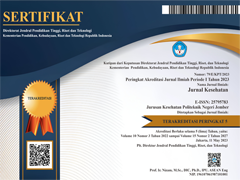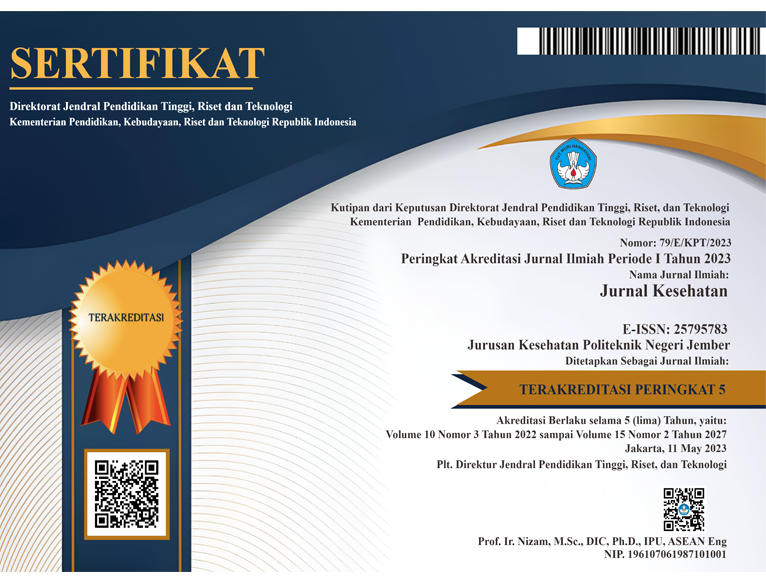Pemanfaatan Daun Mangga untuk Menurunkan Off-Odor Telur Itik dan Pengaruhnya Terhadap Kandungan Protein dan Lemak
Downloads
Abstract
The fishy smell of duck or duck eggs is caused because they have a higher protein or amino acid content than chicken eggs. Meanwhile, mango leaves have a distinctive aroma that can be used to neutralize various unwanted odors. This study aims to examine the ability of reducing the off-odor of mango leaf simplicia to reduce the level of fishy odor in duck eggs and its effect on protein and fat content. Data collection used an experimental method by hoarding duck eggs in mango leaf simplicia for 3 days then observed by sensory tests, organoleptic hedonic tests and nutritional content tests (protein and fat). Data analysis used descriptive comparative analysis, anova test analysis, BNT/LSD test analysis and linear regression. Results of the ANOVA test showed that there was a significant effect of the treatment on the decrease in the levels of the fishy smell of duck eggs. The results of the BNT/LSD test analysis proved that there was a significant difference between treated duck eggs and ordinary duck eggs (control). Based on the results of linear regression, an effect value of 90% was obtained, so that the activity of reducing the off-odor of mango leaf simplicia was classified as effective. The treated duck eggs had a higher protein content of 25.25% than ordinary duck eggs which had a protein content of 17.17%, but had a lower fat content of 1.09% compared to ordinary duck eggs which had a fat content of 9.47%. So that the duck eggs resulting from the treatment are healthier and not fishy compared to ordinary duck eggs.
License
Copyright (c) 2023 Agus Darwanto Agus Darwanto, Najwah Addina, Silvi Fatika Wulandari

This work is licensed under a Creative Commons Attribution-ShareAlike 4.0 International License.
Authors who publish in this journal agree to the following terms:
1. Copyright belongs to the medical journal as a publication
2. The author retains copyright and grants the journal rights to the first publication carried out simultaneously under a Creative Commons Attribution License which allows others to share the work with an acknowledgment of the author's work and initial publication in this journal.
3. Authors may enter into separate additional contractual arrangements for the non-exclusive distribution of the work (eg sending it to an institutional repository or publishing it in a book) with acknowledgment of initial publication in this journal.
4. Authors are permitted and encouraged to post work online (eg in institutional repositories or on their websites) before and during the submission process, as before and larger citations of published work (see Effects of Open Access).
Selengkapnya tentang teks sumber ini














